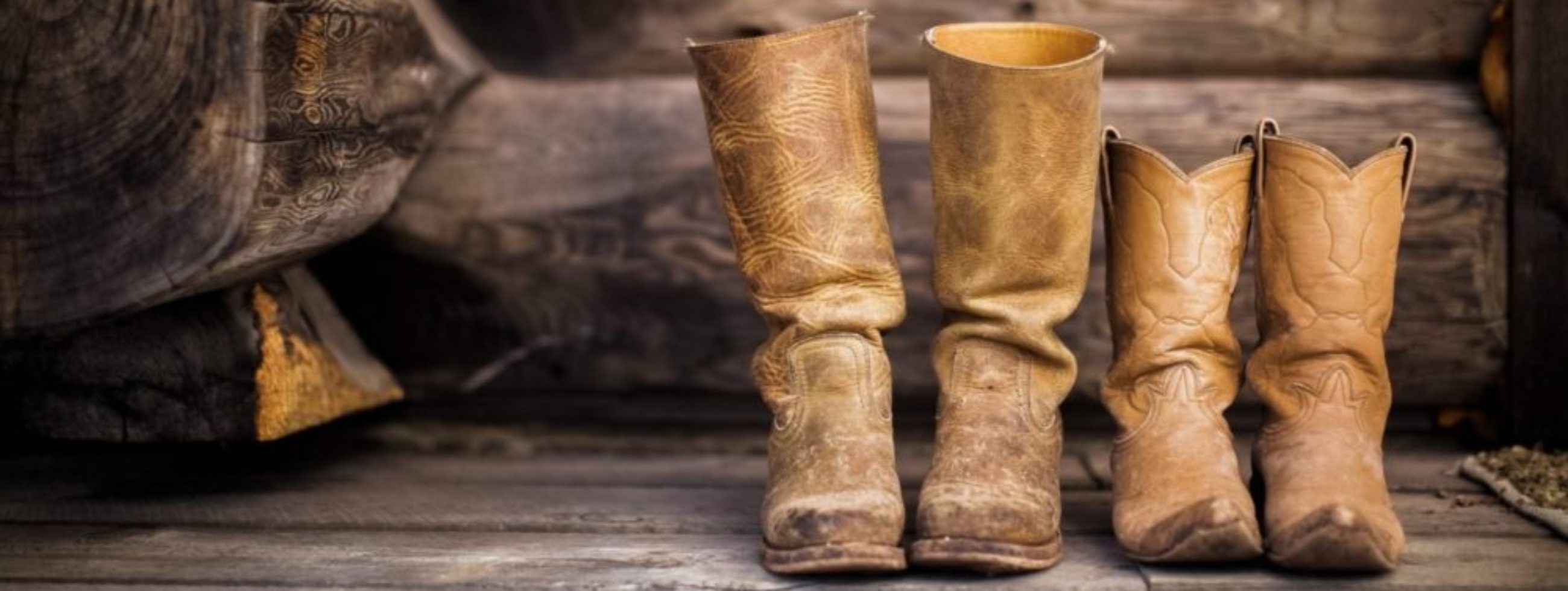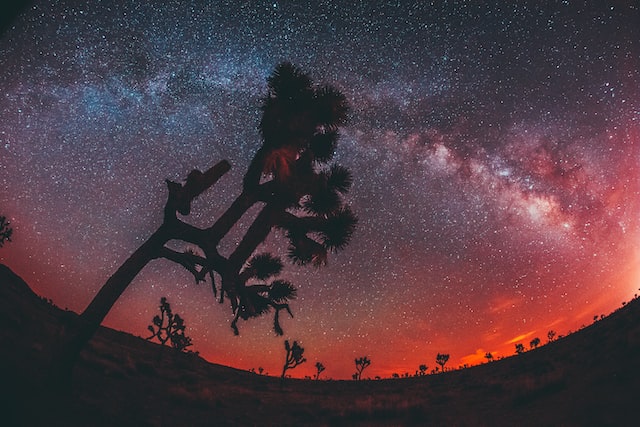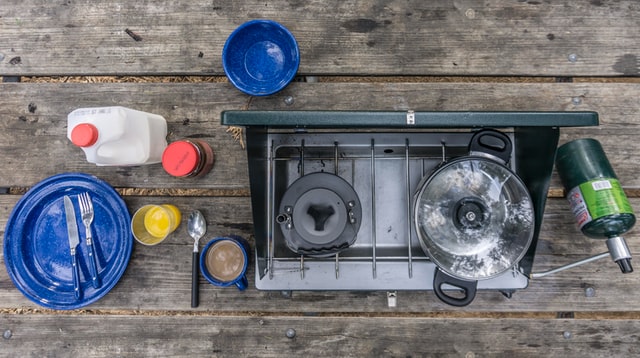This guy
was sitting on top of our dog fence looking in at me in my bedroom!
I was tying on my trainers with the broken shoelace and listening to NPR
but I really wanted to be bingeing Norwegian serial killer shows on Netflix.
I remember the light was that toxic blue they’re always warning you about
oozing from your iPhone. “Don’t look at the screen if you want to sleep at all tonight!” But it was morning and the guy looked friendly in spite of his four-day stubble
and the fact that I couldn’t imagine he was on the up-and-up. I could see his worn out Carhartt’s, steel-toed boots, and rheumy eyes. Living way out here in the boonies
I was surprised that anyone could find my singlewide. I knew the no trespassing signs posted down by the gravel turnoff were no deterrent. Charlie moved out a year ago
and took our two dogs, the all-terrain, the pickup and two pounds of pot with him.
“Good riddance,” I say. Sure, I’ve started talking to myself way out here in the middle
of nowhere. Charlie left the axe whacked deep into the stump out there in the weed bed—
what used to be my garden. A few sunflower seeds managed to sprout came up about crotch level, them and some sprigs of thyme and mint. An out-of-season elk
left strung up in the woodlot stopped stinking a while back. Last fall a bear
made short work of its haunches but the antlers still look fine.
Even if my life is either a soap opera or a whodunit, the guy doesn’t give me the creeps. Maybe he should. I start on my run out past the no hunting sign marking the edge of my property, gravel all the way to where the curve widens into heat-cracked asphalt. Beargrass clots the bar ditch. Frogs croak in the murky bottom. Ten miles and I haven’t even broken into a sweat. I pass the homestead cemetery. Tombstones tilt. A chipmunk spreads his picnic of pinecone petals on one granite block. A moss-covered angel
kneels over a pioneer baby’s burial.
I turn around at the burned-out gas station; the Mobile Pegasus long stripped of its neon halo and a good half of its paint. Weeds poke up though cracks around the pump. I head back. Vermillion sunlight flashes sparks through dark branches.
My pace slows as I sidle near the mired trailer. The guy has moved closer to my front door. Now he’s crouched on the torn vinyl van seat Charlie used to sit on to clean his shotgun. I notice my “home” is looking none the worse for wear. Green mold creeps up the aluminum siding and even though I stuffed the bullet holes in the windows with aluminum foil, I can see cracks radiating like spider webs.
Up close the guy loses some of his friendly aspect. I wonder what he wants.
I try not to swear but all I can think to say is, “What the fuck are you playing at?” A fat tear springs from under one wrinkled eyelid and trickles through his whiskers.
Maybe he’s harmless after all.
Ever since Dale Champlin’s daughter married a bull rider she’s been writing cowboy poems. From her early days hiking in the Black Hills of South Dakota to the bleachers at Pendleton Roundup, summers camping at Lake Billie Chinook, Dale’s poetry has been imbued with the smell of juniper and sage. In 2021 her poetry collection, “Callie Comes of Age” was published by Cirque Press.




